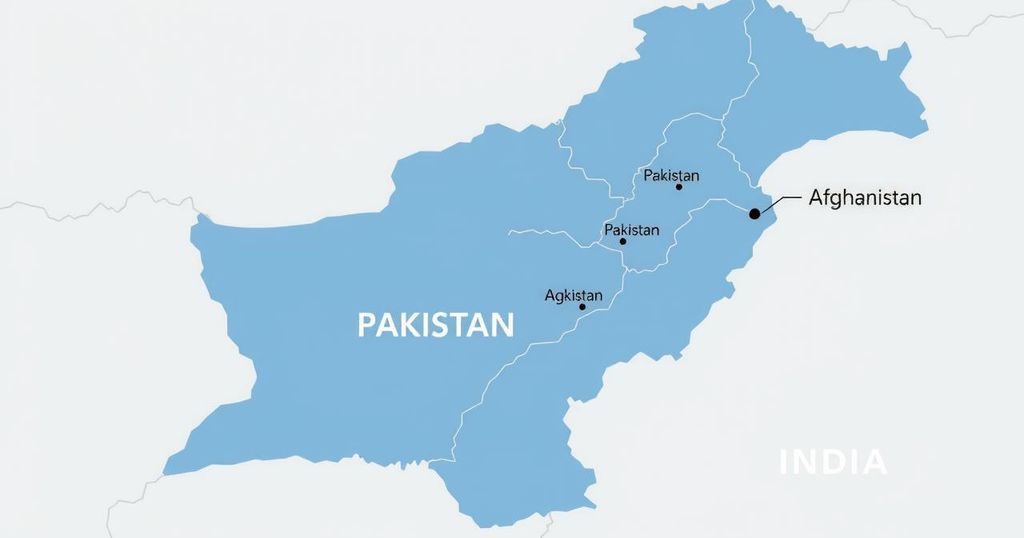Potential Travel Ban on Pakistan and Afghanistan by the US
The US might soon impose a travel ban on Pakistan and Afghanistan as part of expanding Trump’s earlier immigration policies. Key figures indicate that refugees may not be exempt from these restrictions, despite ongoing discussions. The ban threatens to affect many Afghans seeking safety after aiding US forces, raising concerns about their future and national security amidst demographic complexities.
The United States may impose new travel restrictions on individuals from Pakistan and Afghanistan as early as next week. This potential travel ban could expand the previous measures known as the “Muslim ban” initiated by President Donald Trump during his first term. Shawn Vandiver, who leads a coalition focused on Afghan evacuations, announced that a report on the matter is expected to reach the White House by March 12, following Trump’s directive in January to review visa processes and enhance vetting of visitors.
There is apprehension regarding the new ban, particularly for refugees who may not be exempted from its scope. Vandiver mentioned that Afghanistan and Pakistan are among the countries likely to face a complete suspension of admission. However, some Pakistani officials remain hopeful that their country might not be included, especially in light of Trump’s recent praise for Pakistan’s cooperation in capturing a suspect tied to a deadly bombing in Kabul.
In his address to Congress, Trump acknowledged the role of Pakistan’s government in this arrest, expressing gratitude for their efforts. In January, Trump instructed government agencies to identify nations with deficient security and vetting information, potentially warranting new restrictions on their nationals. The Pakistan embassy in Washington declined to comment on the issue, while a State Department spokesperson emphasized the commitment to national security within the visa process.
Reports from multiple sources suggest that the new travel ban could have more extensive impacts than previous restrictions, which predominantly targeted citizens from specific countries. The original ban, ordered on Trump’s first day in office in 2017, notably affected several nations and had immediate repercussions for many travelers. The expanded ban may place tens of thousands of Afghans—whose safety relies on their collaboration with US forces during the Afghan conflict—at further risk of Taliban retaliation.
Demographic data indicates that the US is home to approximately 629,946 individuals of Pakistani descent, with newer estimates suggesting the population exceeds one million. Additionally, over 10,000 Pakistani students are presently pursuing higher education in the United States. There are also around 200,000 Afghans who are either approved for resettlement or have pending applications under the Special Immigrant Visa program, many of whom remain trapped overseas since the suspension of refugee admissions was enacted.
In summary, the impending travel ban on Pakistan and Afghanistan by the United States reflects a significant shift in immigration policy under President Trump. As public sentiment and security considerations come into play, the complexities surrounding the status of refugees and students from these nations are more steeply pronounced. The development may impede the resettlement of thousands of individuals who have contributed significantly to US efforts abroad, placing them in precarious positions internationally. The situation continues to evolve as authorities weigh national security against humanitarian concerns.
Original Source: www.thenationalnews.com




Post Comment